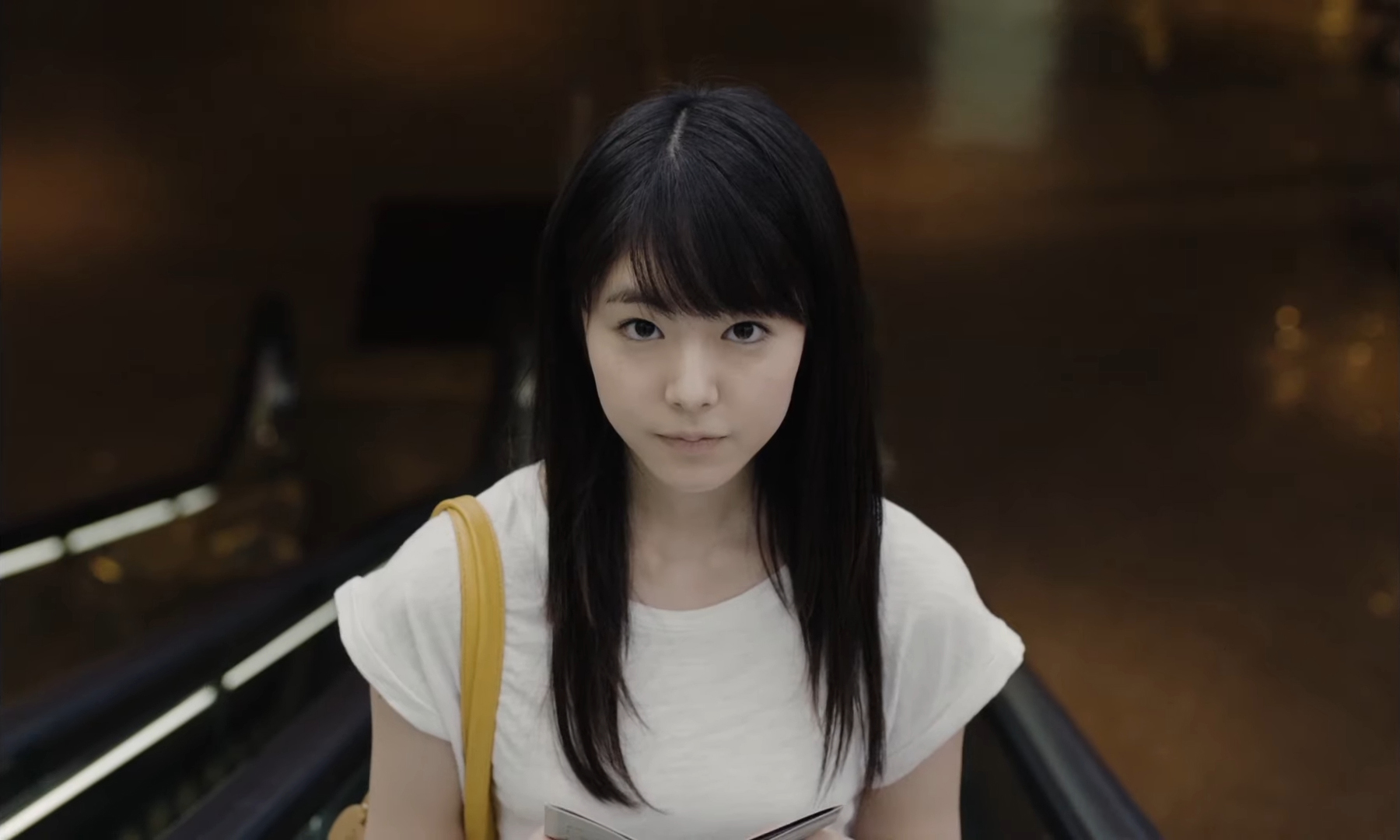
Japanese Film Review: “Asako I & II”
This film hides its depth behind its shallow facade. It’s about a woman who falls in love with a total stranger whose behavior borders on being psychotic. The two meet randomly on the street, and the male protagonist, Baku, asks what her name is. She tells him her full name. He kisses her, and she doesn’t resist. That is how their relationship starts. Their friends are flabbergasted by the incoherence.
The film doesn’t attempt to explain or justify the reason for them to fall in love with each other. It’s easier to understand Baku’s motivation since he consistently acts spontaneously without regard for consequences, but Asako’s motivation remains unexplained.
On its face, this is a superficial story about a woman who falls in love with the specific look of two men, Baku and Ryohei, played by the same actor. Being wanted by two handsome men could be a Hollywood fantasy film, but that is obviously not the film’s point since the ending utterly denies the Hollywood audience. So, what are the director (Ryusuke Hamaguchi) and writer (Tomoka Shibasaki) trying to convey?

At the start of the film, Asako is at a photography exhibit entitled Self and Others. This might be a coincidence, but the book entitled Self and Others by R. D. Laing can be used as a framework for understanding what happens in the film. I quote a key passage from the book:
“The normal state of affairs is to be so immersed in one’s immersion in social phantasy systems that one takes them to be real. ... We are dead, but think we are alive. We are asleep, but think we are awake. We are dreaming, but take our dream to be reality.”
Although the English title of the film is Asako I & II, a more literal translation of the Japanese title is “Whether Asleep or Awake.” But the English title is interesting in that the more obvious choice would have been “Baku I & II” since it is not Asako who appears in the film as two separate people.
Two titles combined, we could interpret them to mean Baku is who she sees when she is awake and Ryohei when she is asleep. Or, vice versa. In other words, for Asako, they are indeed the same person. It is she who lives in a somewhat schizophrenic state.
Ryohei is immersed in “social phantasy systems,” so he acts reasonably, conforming to societal expectations. He is a responsible salaryman and treats everyone respectfully. Baku, on the other hand, is disconnected from reality. He drives a motorcycle recklessly and gets into an accident with Asako riding behind him. When they regain consciousness, he starts making out with her on the asphalt as people watch. He leaves, saying he will get bread, but doesn’t return until the next day. He again leaves her, saying he’ll get shoes, and does not return. While away, he suddenly becomes a successful fashion model. He represents someone who lives outside of the social phantasy systems. To the “normal” people, his behavior is psychotic, disconnected from reality.
But Laing asks who is ultimately crazier: someone who is so immersed in a phantasy system that he doesn’t realize he is in it, or someone who is outside the system and sees the phantasy for what it is? There is no clear answer.
At the film’s beginning, something about Baku triggers her desire to escape the social phantasy system. So, when Baku finally comes back to pick her up, while driving up to Sapporo, she says, “I feel like I’m dreaming now. Well, that’s not true. I feel like I was in a long dream until now. It was a very happy dream. I felt like I was finally mature, but I woke up and realized that I hadn’t changed.” Baku then tells her to go to sleep in the car. When she wakes up in the morning, she changes her mind and heads back to Ryohei.
As small children, we were oblivious to the social phantasy systems and behaved like psychotics. In her dream, she finally became an adult and learned to conform to social protocols, as Ryohei does. But she isn’t sure in which world she is asleep or awake.
From this perspective, this film is not a love story. It is about a woman unable to give up her “phantasy” in Melanie Klein’s sense of the term (unconscious phantasy of early childhood), the expression of the undivided, oceanic feeling. Before returning to Ryohei, she stands in front of the ocean as if to say goodbye to her childhood self for one last time. Ryohei says he may never be able to trust her again, and she says she understands and doesn’t want to apologize anymore. Now, she is the unpredictable one, like Baku. At the very end of the film, in response to Ryohei remarking how dirty the river is, she says, “but it’s beautiful.”
Subscribe
I will email you when I post a new article.


